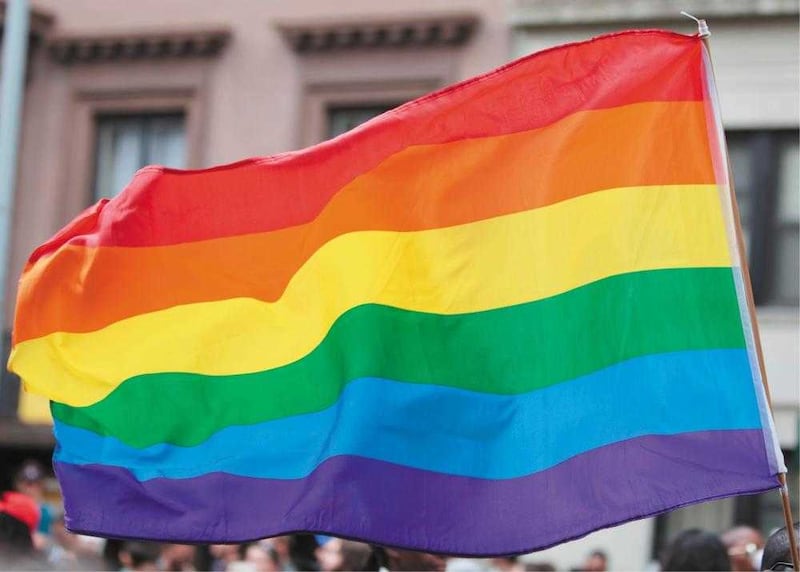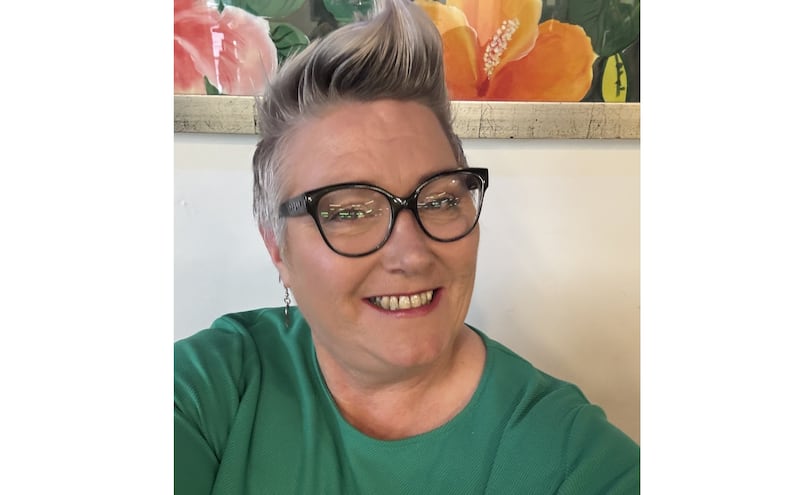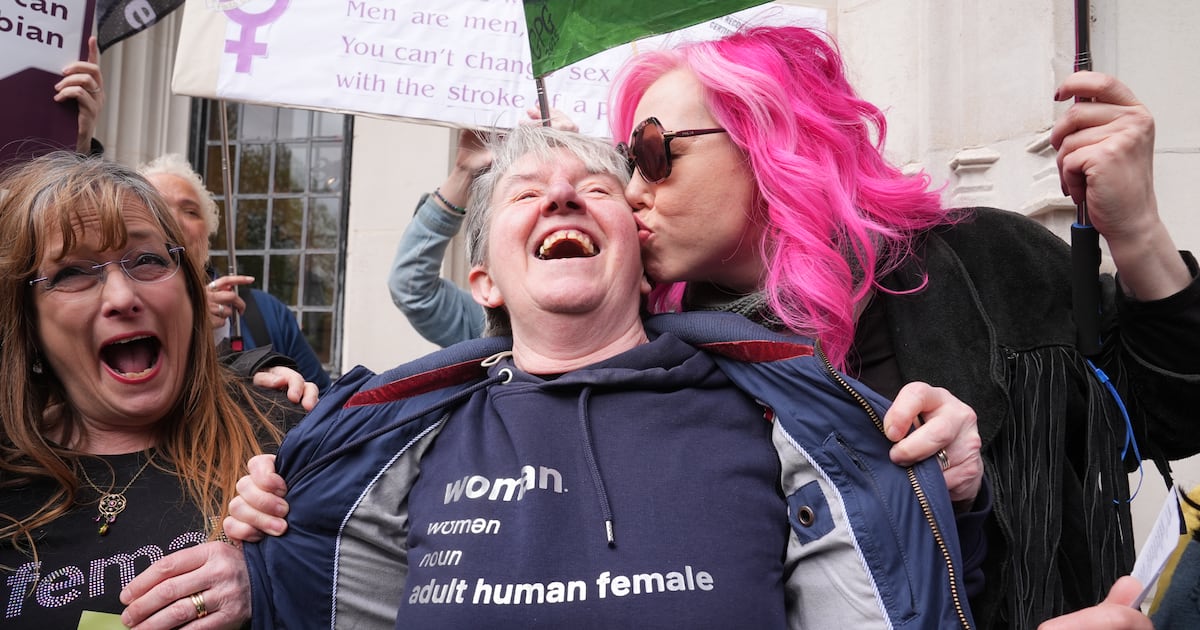CAMPAIGNERS in Northern Ireland have reacted with both concern and delight after the UK’s highest court ruled that the definition of a woman refers to biological sex.
The impacted legislation, the Equality Act, does not extend to Northern Ireland but Stormont’s Department of Finance has said it “will consider the implications of the ruling by the Supreme Court in terms of gender recognition”.
A Sinn Féin spokesperson also commented: “It is important that we have effective equality protections that work to protect everyone and we will carefully examine the detail of this ruling in that context.”
Responding to the judgment, a spokesperson for the Rainbow Project in Northern Ireland said they were “deeply concerned” about the potential impact towards the rights of trans people across the UK and Northern Ireland.
“The Equality Act does not apply in Northern Ireland, and trans people benefit from certain additional protections in EU law through the Windsor Framework,” they said.
“As such, it will take time to assess the impacts of the Supreme Court judgement in Northern Ireland.
“It is important to reiterate that this ruling does not remove all protections in the Equality Act from trans people.”
 The Rainbow Project in Northern Ireland has said it is deeply concerned about the potential impacts of the court ruling on trans communities.
The Rainbow Project in Northern Ireland has said it is deeply concerned about the potential impacts of the court ruling on trans communities.
“Lord Hodge stated that ‘The Equality Act 2010 gives transgender people protection, not only against discrimination through the protected characteristic of gender reassignment, but also against direct discrimination, indirect discrimination and harassment in substance in their acquired gender’.”
The group said they would continue to fight for “full social and legal equality for all trans people in Northern Ireland,” as well as to support “trans communities struggling with today’s news and the wider hostile environment facing those communities”.
 Marianne Stewart from the Women’s Rights Network in Northern Ireland said she was ‘delighted’ by the court ruling.
Marianne Stewart from the Women’s Rights Network in Northern Ireland said she was ‘delighted’ by the court ruling.
Marianne Stewart is from the Women’s Rights Network in Northern Ireland.
“We can’t be anything else but delighted, it’s going to clarify the law and hopefully going to mean fewer cases in court to protect our rights,” she said.
As well as the issue of protected spaces for women, she said other concerns included diversity in the workplace and in sports.
“If the Scottish parliament had their way, we could have had 10 men on a board and half of them identifying as women,” she said.
“That would have been seen as 50/50 which would have been wrong.
“In sports – regardless of the safety issue – women have fought long and hard to have their own sports.
“It’s important whether it’s on a professional or amateur level, that a woman doesn’t lose her place to a man or a boy.
“Men and boys have their own sports category. If they’re not good enough for that category, we are not a second place for them to step into.”
On the issue of protecting trans people from discrimination, she said: “That’s the issue that everyone has. We can be kind to people, people need protected from bullying in the workplace or from losing their home because of how they identify or look.
“Those things are protected in law, so they haven’t lost anything here. It’s just women have retained the right to their single sex spaces, same sex care – so the police can’t strip-search a women using a male officer who identifies as a woman.
“Those are safety and dignity issues that have been clarified.”
Full coverage, half price. For expert insights, analysis and commentary, subscribe to The Irish News today. Get full access for just £7.49/month. Offer ends 28th April.


